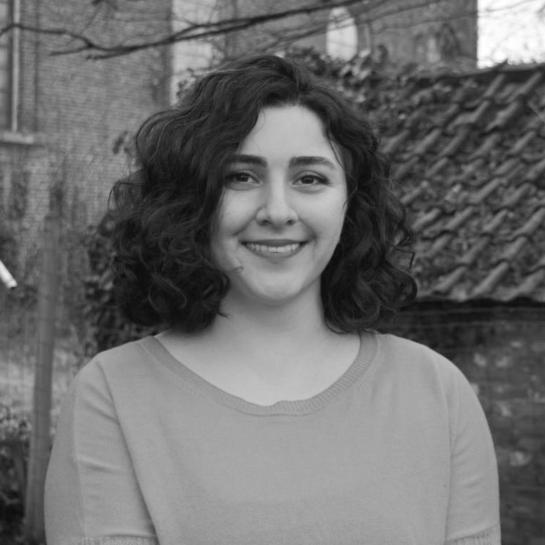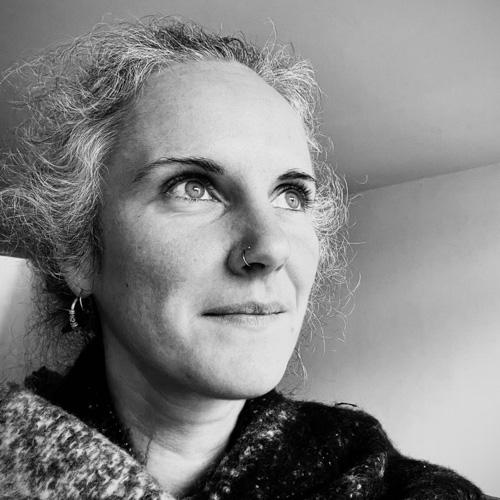2024-2028 | PhD project
Segregation research still tends to address singular drivers with a time-static approach, neglecting the interplay of demographic changes over time. This research investigates the dynamic, multi-scalar processes underpinning ethnic residential segregation and urban inequalities among migrants and their descendants. By integrating a life-course perspective, it explores how familial, social, spatial, and affective dimensions intersect to shape residential trajectories and perceptions of belonging. Using a mixed-methods approach combining quantitative and qualitative methods, this study begins with an analysis of the foundational influence of family life course trajectories on residential mobility and segregation, to then expand on the reciprocal relationship between social networks and spatial opportunities, asking how social ties mediate access to housing, employment, and socio-spatial opportunities. The PhD research also delves into the micro-level role of everyday spatial practices in shaping social networks and navigating ethnic boundaries while exploring how the materiality of spaces and social interactions combine to shape affective boundaries in urban spaces. Finally, these findings will be situated within a processual and historical framework, analysing neighbourhood-level transformations to understand how historical neighbourhood changes connect with familial backgrounds, social networks, spatial practices, and affective experiences. This holistic approach enables a multi-dimensional and processual analysis of segregation and its interplay with individual experiences.
This PhD project is a part of the FWO project 'SeLiS: Segregation through Life and Space: Ethnic residential segregation from a longitudinal life course, intersectional and experience-based perspective'.



